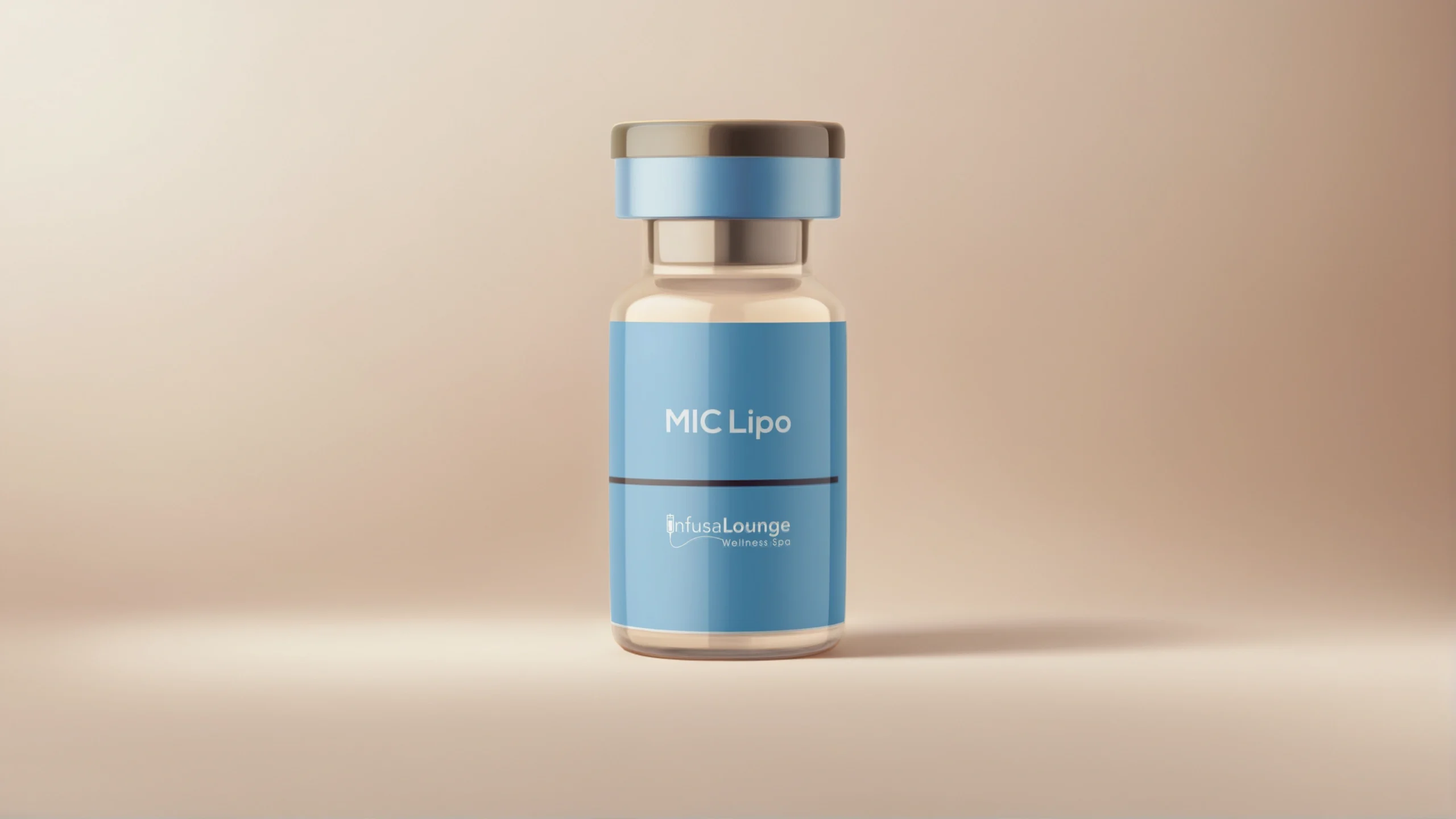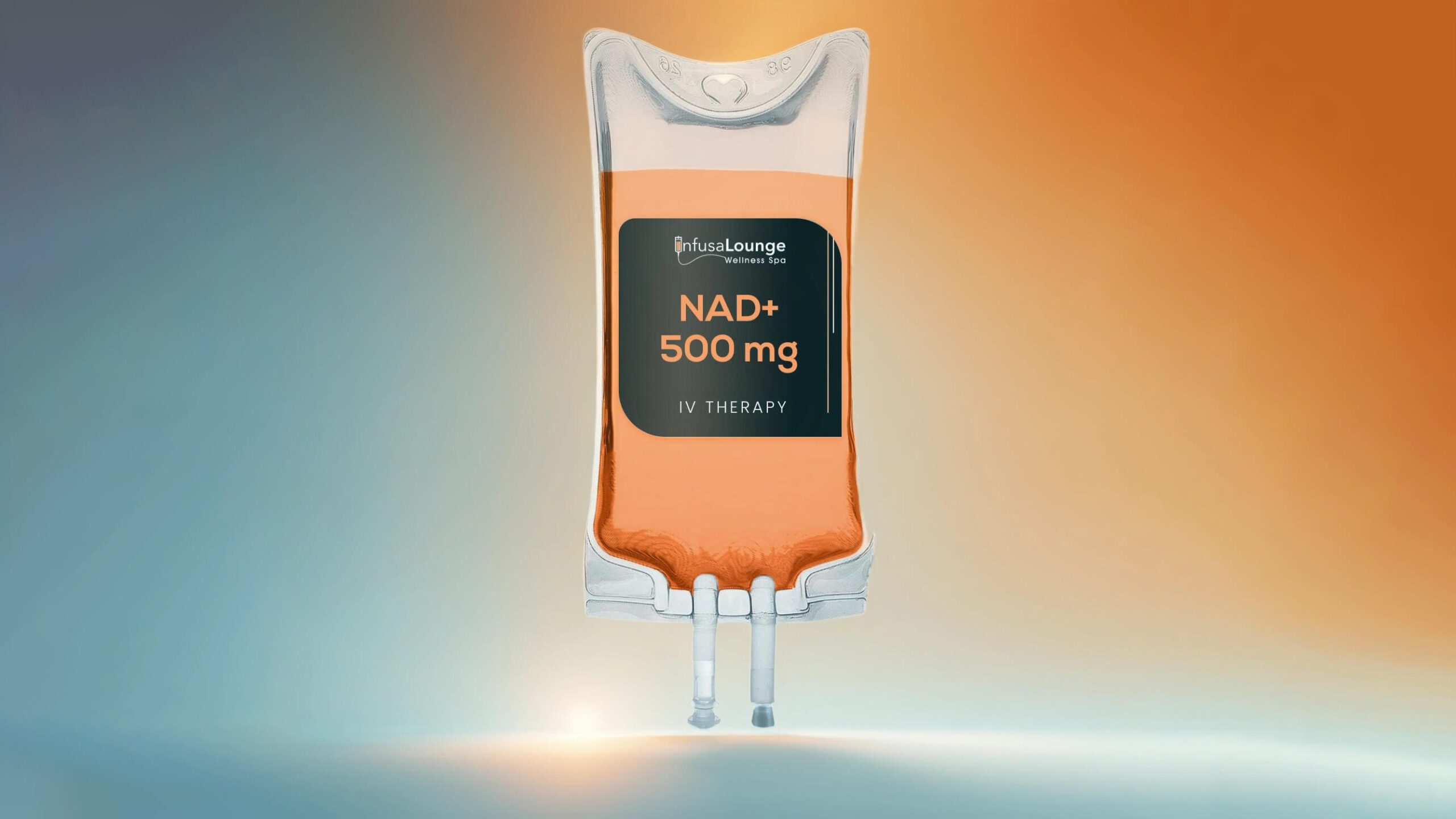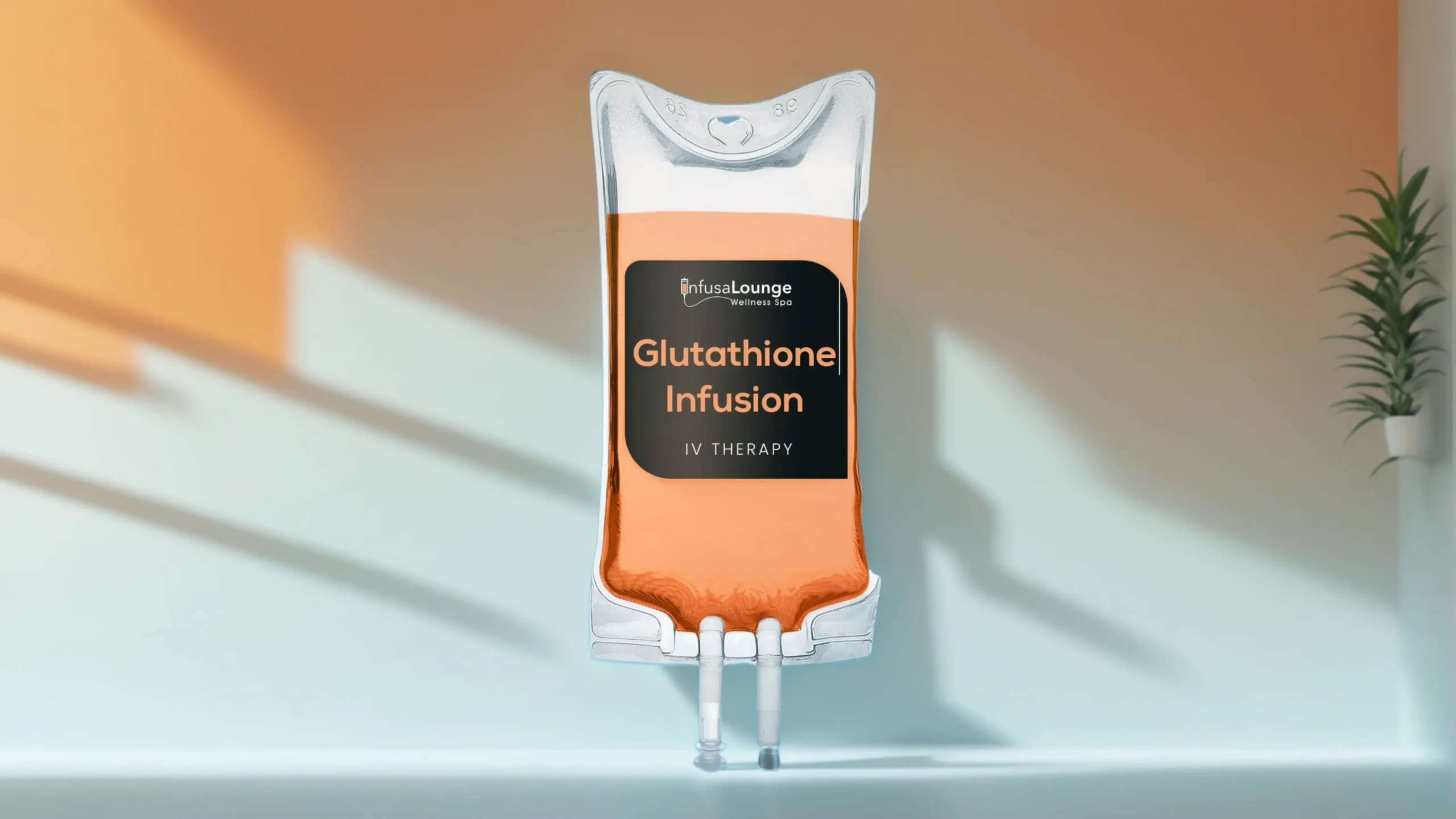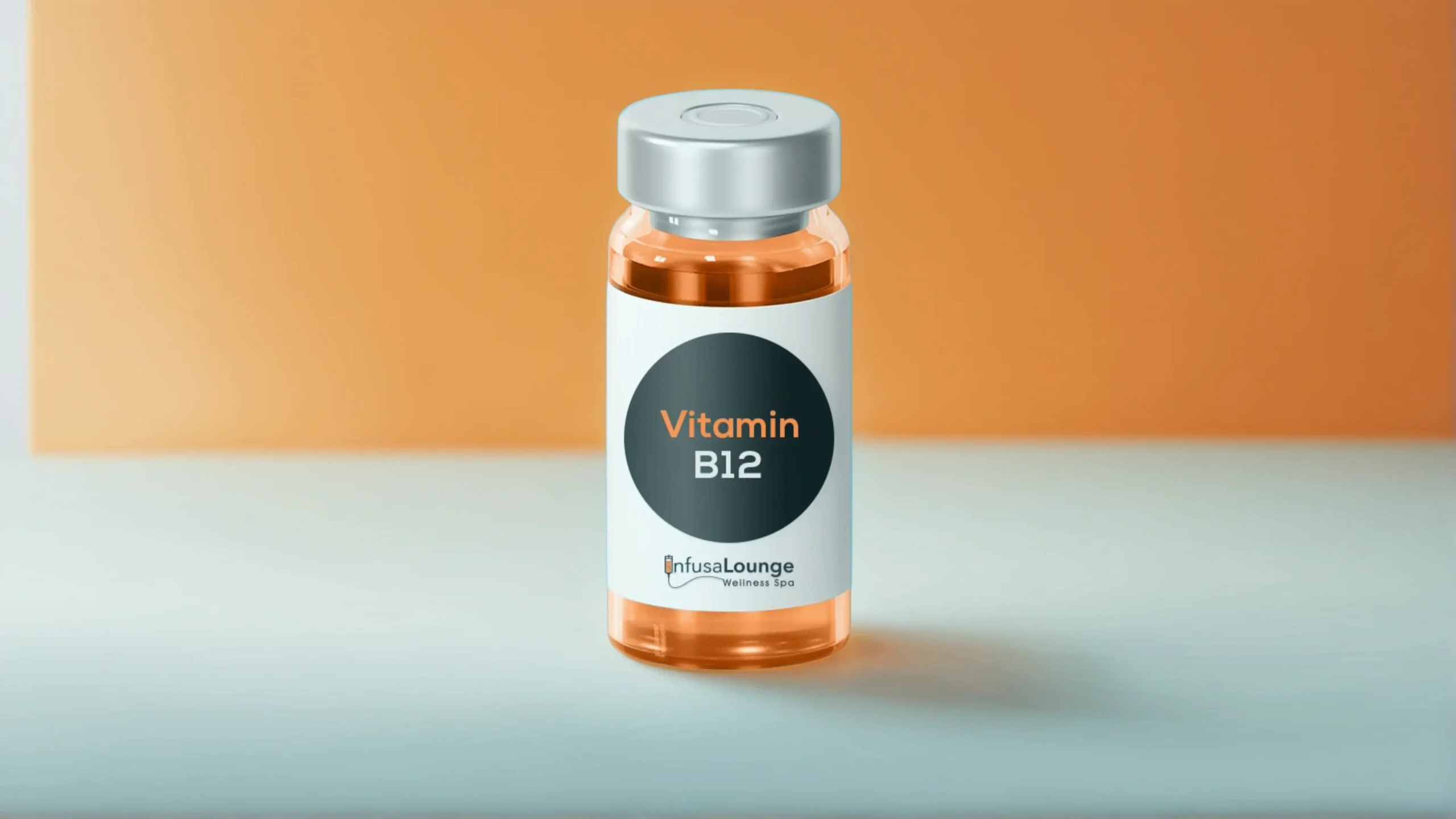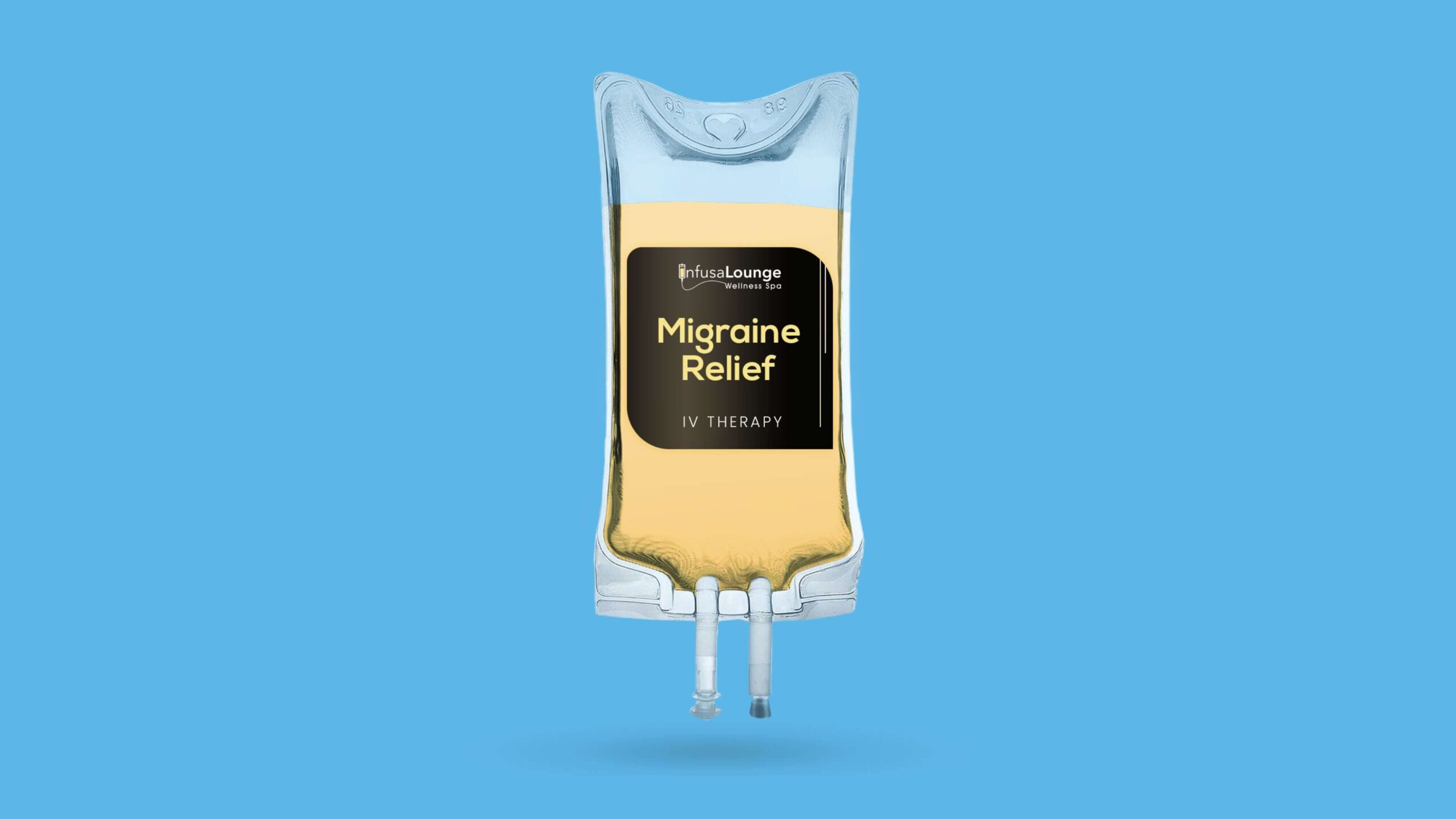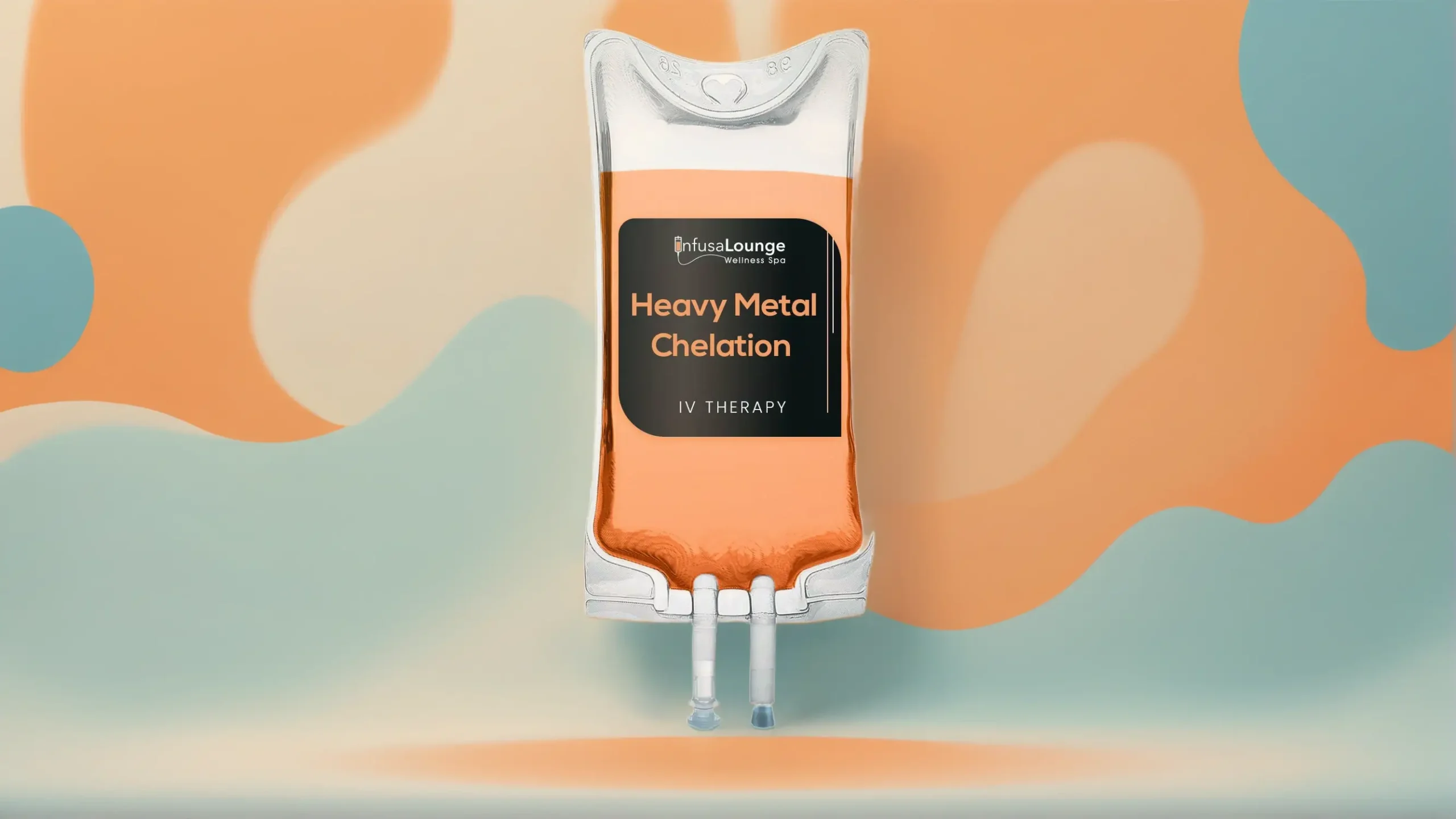In today’s world, our bodies constantly face exposure to pollutants, chemicals, and other harmful substances lurking in our environment. Even with a healthy lifestyle filled with yoga sessions and mindful eating, your body might still need extra help with detoxification. This is where glutathione steps in – it’s not just another supplement but a vital compound produced within your very cells.
Known as the body’s master antioxidant, glutathione helps protect cells from damage and ensures optimal function by neutralizing toxins. research underscores its crucial role in preventing chronic illnesses like cancer and heart disease. Our deep dive into scientific literature revealed that understanding how it operates could significantly enhance your wellness routine. But what exactly is glutathione? Let’s explore deeper into this fascinating molecule and its essential functions.
Glutathione is a powerful antioxidant that plays a crucial role in detoxification by aiding in the elimination of harmful chemicals and heavy metals from the body, enhancing overall cellular health. It also regenerates essential vitamins like C and E, reduces oxidative stress, and protects cells from damage, making it vital for maintaining optimal health and well-being.
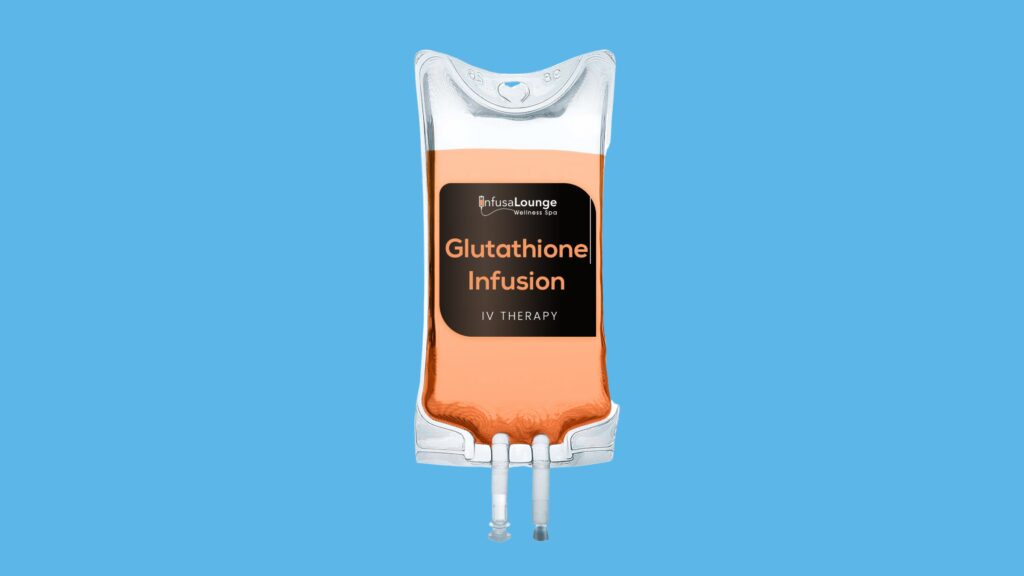
The Nature of Glutathione
Glutathione, often regarded as the body’s master antioxidant, is much more than just a simple molecule. Its tripeptide structure, consisting of the amino acids glutamine, cysteine, and glycine, allows it to interact effectively within various cellular processes. Imagine this small protein as a multifaceted tool in a cellular toolbox, assisting in everything from detoxification to immune support.
“Glutathione is like a bodyguard for your cells; it shields them from harm while actively maintaining their wellness.”
A particularly fascinating feature of glutathione is its dual existence in both reduced (GSH) and oxidized (GSSG) states. In its reduced form (GSH), glutathione acts as a powerful antioxidant, readily donating electrons to neutralize free radicals—those unstable molecules that can wreak havoc on our cells. Once GSH does its job, it transforms into GSSG. What’s remarkable here is the body’s ability to recycle GSSG back into GSH through enzymatic reactions, demonstrating what can be considered an elegant system of self-renewal. This recycling process underlines the importance of having adequate levels of glutathione in the body; without sufficient GSH available, the balance can be disrupted, leading to increased oxidative pressure.
This recycling stands out not only as an efficient cellular process but also highlights why ensuring optimal glutathione levels is crucial for overall health.
Furthermore, glutathione plays an essential role beyond just being an antioxidant. It assists in detoxification, breaking down harmful compounds within our bodies like pollutants and heavy metals. This action occurs mainly in the liver, where glutathione binds with toxins to render them more water-soluble so they can be easily excreted from the body through urine or bile. Thus, when we consider detoxification and cellular protection—a hallmark of good health—the involvement of glutathione becomes undeniably significant.
Moreover, this tripeptide isn’t solely confined to detoxification; it bolsters the immune system by regulating various immune responses. In times of stress or illness, having ample glutathione is essential: it helps activate lymphocytes (a type of white blood cell), promoting an effective immune response. Think of it as preparing an army—when there’s enough glutathione present, your cellular defenses are ready to mobilize against foreign invaders.
As you can see, glutathione’s multifaceted roles underscore its significance in maintaining cellular integrity and supporting overall wellness. Understanding these interactions allows us to appreciate how proper levels contribute fundamentally to our health and primes us for discussions on protective mechanisms across various bodily functions.
Antioxidant Properties
Glutathione is often hailed as a superhero of the body, primarily due to its impressive antioxidant properties. To grasp why this matters, think about oxidative stress as a persistent threat that lingers in our bodies daily. When free radicals—those pesky, unstable molecules—run rampant, they can wreak havoc on our cells, leading to damage that accumulates over time. This type of stress is akin to rust forming on metals over years; without proper intervention, deterioration occurs.
“One of glutathione’s remarkable abilities is its capacity to neutralize these free radicals, stopping them in their tracks before any serious harm can happen. Consider it a defense system that keeps our cellular environment stable and healthy.”
By converting harmful free radicals into harmless substances, glutathione not only protects existing cells but also plays a critical role in promoting cell repair and regeneration. This is crucial for maintaining overall health and wellness. For example, scientists have linked low levels of glutathione to various chronic illnesses, including cancer and heart diseases, underscoring its importance in preventing disease development.
The Mechanism Behind the Magic
The way glutathione operates within the body is fascinating. This tri-peptide composed of three amino acids—glutamine, cysteine, and glycine—functions both as an antioxidant and a signaling molecule. It engages with other antioxidants to regenerate them, ensuring sustained defense against oxidative stress. Just like a rechargeable battery, glutathione renews other antioxidants, such as vitamins C and E, thus enhancing their effectiveness.
In your own journey towards better health, it’s helpful to recognize how lifestyle choices impact glutathione levels. Factors such as poor diet, inadequate sleep, and excessive stress can deplete this vital nutrient. Therefore, incorporating foods rich in sulfur—such as garlic and cruciferous vegetables—or considering supplemental forms may help maintain optimal levels of glutathione in your system.
Moreover, by reducing inflammation and aiding immune function, glutathione contributes to the body’s detoxification process. When toxins accumulate within cells, glutathione assists in their removal through conjugation—a process that makes toxins more water-soluble so they can be excreted from the body more easily.
Recognizing the vital roles of this compound lays the groundwork for understanding how our bodies manage waste and toxins effectively, guiding us into the next aspect of wellness centered around purification mechanisms.
Detoxification Pathways
Glutathione is essential in the liver’s detoxification processes, acting as a key player in both Phase I and Phase II detoxification pathways. In this dual role, it ensures that harmful substances are effectively neutralized and eliminated from the body.
The process begins with Phase I, where glutathione participates in oxidation-reduction reactions to modify toxins, preparing them for their next phase of processing. This alteration is crucial because toxins such as heavy metals like mercury, environmental pollutants, and various metabolic by-products can wreak havoc on cellular machinery if left unchecked.
“When we think about toxic exposure—from the air we breathe to the food we consume—it becomes clear how critical it is for our bodies to effectively manage these threats through proper detoxification pathways.”
Phase I – Oxidation Reduction
In Phase I, the focus is on converting lipid-soluble toxins into more manageable forms through enzymatic reactions. Here, glutathione works by either oxidizing these substances or reducing their harmful effects. The process essentially primes them for further breakdown. For example, when heavy metals bind to glutathione, they form complex molecules that render them less harmful and easier to process.
To illustrate just how essential this step is: without glutathione’s active involvement here, the downstream effects of a buildup of toxins could lead to increased oxidative stress, inflammation, and eventually chronic diseases. This stage not only involves glucuronidation—where toxins are rendered more neutral—but also requires coordination with specific enzymes that facilitate their transformation. Enzymes like cytochromes P450 are crucial here, relying heavily on glutathione for optimal functionality.
Phase II – Conjugation
As we transition into Phase II, the process evolves further into conjugation. During this phase, glutathione binds directly with modified toxins to form water-soluble chemicals. This essential step allows for easy excretion through urine or bile, effectively clearing these harmful substances from the body. Research indicates that approximately 60% of activities in Phase II detoxification can be attributed to this conjugation action of glutathione.
Notably, this is where maintenance of adequate levels of glutathione becomes incredibly important. Factors such as poor diet, alcohol consumption, and chronic stress can deplete glutathione levels significantly, leading to sluggish detoxification processes. A balanced intake of foods rich in sulfur—like garlic, onions, and cruciferous vegetables—can help replenish these levels because sulfur is vital for synthesizing glutathione.
Recognizing these pathways provides valuable insight into why supporting our body’s natural detoxification systems with nutrients like those found in glutathione-rich foods is crucial for maintaining overall health and well-being. As we explore further, the myriad benefits that arise from enhancing our detoxification processes will become even clearer.
Health Benefits
The health benefits of maintaining optimal glutathione levels are vast and interconnected, touching upon various systems in the body. First and foremost, enhanced immune function is one of the most significant advantages. Glutathione plays a crucial role in supporting our immune system by aiding in the proliferation and activation of immune cells, which effectively fight off infections and illnesses.
Imagine your immune cells as soldiers; glutathione acts as their training ground, ensuring they are ready for battle. The strength of your immune response heavily relies on these precious antioxidants.
Another notable benefit is the potential for increased energy levels. Fatigue can often stem from oxidative stress, which interferes with mitochondrial function—essentially the powerhouses of our cells. When glutathione levels are maintained at optimal conditions, it helps to minimize this oxidative stress, allowing mitochondria to perform efficiently.
This leads to higher energy levels throughout the day, making every task feel less like a marathon and more like a pleasant stroll.
“In addition to being vital for energy production, skin health is another area where the effects of glutathione shine through brightly. Widely recognized in dermatology, glutathione is often touted for its skin-lightening properties, effectively reducing irregular pigmentation issues while promoting an overall healthier appearance.”
Clients have noted softer skin texture and even skin tone—a testimony to how effective glutathione can be when infused into one’s routine.
For instance, clients at InfusaLounge, such as Angela Jones, have articulated noticeable improvements in their overall well-being and energy levels following glutathione infusions. It’s gratifying to witness firsthand how these treatments foster a sense of rejuvenation among our clients.
Recognizing these benefits encourages individuals to take proactive steps toward maintaining healthy glutathione levels. This naturally leads us to explore what elements can influence these critical antioxidant levels within the body.
Factors Affecting Levels
Several elements play a crucial role in determining the levels of glutathione within our bodies. For instance, diet and nutrition are paramount. Consuming foods rich in glutathione precursors—such as sulfur-containing vegetables like broccoli and garlic—can substantially help maintain adequate levels. These foods not only foster the production of glutathione but also enhance its functionality. On the other hand, indulging in diets overloaded with processed foods doesn’t just add empty calories; it actively depletes glutathione reserves, putting one at risk for oxidative stress.
1. Diet and Nutrition
One particularly effective strategy is to focus on nutrient-dense foods high in vitamins C, E, and selenium, as these nutrients support glutathione levels. Incorporating fruits like oranges and strawberries, along with leafy greens such as spinach, into your meals can create a defense mechanism against deficiencies caused by poor dietary choices. It’s vital to remember that a well-rounded diet acts as the first line of defense for our body’s detoxification processes.
2. Environmental Toxins
However, diet alone won’t yield results if we’re continuously exposed to harmful environmental agents. Exposure to pollutants, heavy metals, and even cigarette smoke can severely overwhelm the body’s glutathione stores. These toxins generate free radicals that consume glutathione in their battle against cellular damage, effectively leading to reduced levels. Carbon monoxide from vehicular emissions or heavy metals like lead and mercury amplify this depletion with each encounter. This means maintaining clean air quality in your surroundings is not merely an aesthetic choice—it has direct implications for our health.
3. Aging
Aging is another unavoidable factor that affects glutathione levels significantly. As we age, studies reveal that our glutathione supplies can decrease by as much as 40%. This decline often correlates with an increased susceptibility to chronic illnesses and mounting stress-related symptoms. It’s essential to acknowledge this natural phenomenon; hence, individuals in their golden years may find it beneficial to consider supplementation. Simple lifestyle adjustments coupled with appropriate supplementation strategies can go a long way in restoring balance.
Recognizing the interplay of these factors leads many individuals to seek methods for enhancing their glutathione synthesis—be it through lifestyle adjustments or innovative treatments designed for this purpose. Transitioning into effective ways of elevating this essential antioxidant will foster improved health and resilience against potential ailments associated with low levels.
Boosting Production
To naturally increase glutathione production in your body, a few strategies can be remarkably effective. Starting with dietary supplements is often the simplest and most accessible method. For instance, N-acetylcysteine (NAC) is a powerful precursor to glutathione. When taken as a supplement, NAC helps replenish glutathione levels by providing cysteine, one of its essential building blocks. Additionally, alpha-lipoic acid has antioxidant properties that help maintain or even elevate glutathione levels. Finally, there’s the option of taking glutathione itself as a supplement. However, some may find benefits from direct supplementation, while others might experience better results through precursors like NAC.
While supplements are beneficial, making lifestyle changes is equally crucial in enhancing your body’s ability to produce glutathione.
Regular exercise plays an indispensable role in boosting glutathione synthesis. Engaging in aerobic activities not only improves physical endurance but also fuels biochemical reactions that stimulate glutathione production. Imagine finishing a vigorous workout; you feel invigorated—that’s your body working to enhance wellness at a cellular level. On the other hand, managing stress is essential too—elevated stress can deplete glutathione levels. Mindfulness practices such as meditation or yoga can have profound effects on reducing stress hormones and consequently support glutathione production.
“Some might argue these natural approaches take time and effort to integrate into daily life, yet the long-term benefits undoubtedly outweigh any initial inconveniences.”
In addition to natural methods, medical interventions provide a more immediate solution for boosting glutathione levels.
Intravenous (IV) treatments are growing in popularity for their effectiveness in delivering glutathione directly into the bloodstream. This method ensures you receive the compound without it being broken down by the digestive system, maximizing its benefits almost instantly. At InfusaLounge, clients have reported noticeable improvements in their skin clarity and overall vitality following these IV treatments—a testament to their efficiency.
| Boosting Method | Effectiveness | Common Usage |
|---|---|---|
| N-Acetylcysteine Supplements | High | Daily |
| Alpha-Lipoic Acid | Moderate | Daily |
| IV Glutathione | Very High | Periodically |
| Dietary Changes | Moderate | Consistently |
Understanding these methods allows individuals to make informed choices about how best to maintain optimal glutathione levels—an essential aspect of promoting health and detoxification within the body. Regardless of which path you choose, ensuring sufficient levels of this powerful antioxidant can lead to significant improvements in overall well-being.
In summary, maintaining healthy glutathione levels through various methods can greatly influence one’s health and detoxification processes. Prioritizing these strategies could pave the way for enhanced vitality and well-being.

